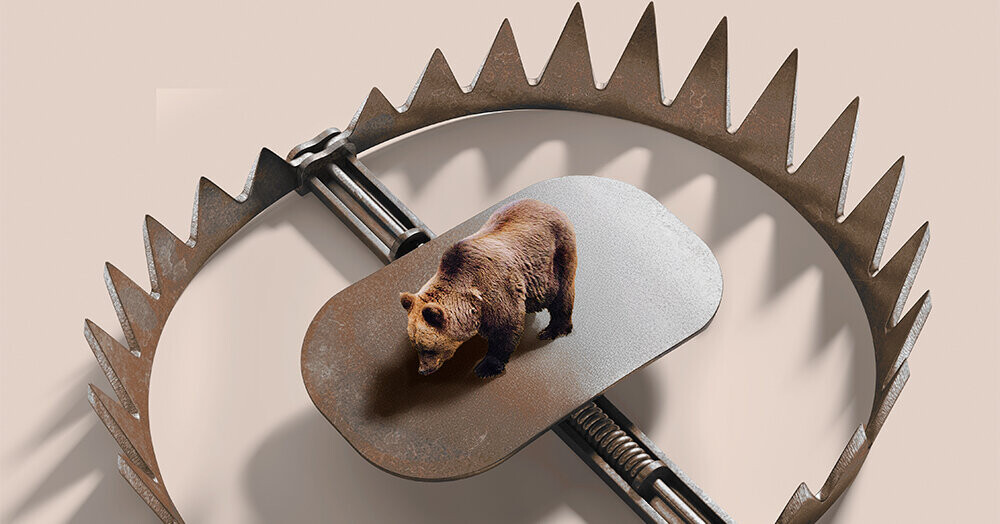

When Vladimir Putin invaded Ukraine in 2022, he was betting against the West. The West — understood as Europe and the United States — would not have the mettle to save Ukraine, he surely surmised. Neither united nor effective, it had a long record of failure in Afghanistan, Iraq, Libya and Syria. Russia’s victory would prove that the West’s golden age was over, freeing Russia to partner with China and other rising countries, asserting itself anew on the world stage.
Mr. Putin’s bet has not paid off. As the war drags on and on, the Kremlin has taken a two-pronged approach to the West. Domestically, the Kremlin has demonized it, encouraging Russians to rally around Mr. Putin in a civilizational battle. Abroad, Russia has sought to divide the West, peeling away the doubters and the dissenters from the pro-Ukraine coalition. In this project, Donald Trump’s election in November was supposed to be a turning point. The West would tear itself apart, leaving Ukraine to Russia.
Those hopes have proved illusory. After initial enthusiasm, Mr. Trump has cooled on his Russian counterpart, recently referring to him as “crazy.” He may still act on his stated desire to do business with Mr. Putin but will be unable to deliver either Ukraine or the West. Hard facts forbid it. Russia’s brutal war has horrified and terrified the West, jolting it into a collective effort of containment and turning Europe conclusively against Russia. These developments, far from trivial or temporary, will limit Russia’s prospects for security and prosperity for decades to come.
Russia has always needed the West and benefited from contact with it. Because of an unnecessary war, Mr. Putin has lost it for good.
Far from unconnected, Russia has been an organic part of European affairs since the 17th century. By the 18th century, Russia was an empire in Europe, having joined Prussia and the Habsburg empire in carving up Poland. Russian soldiers made it to Paris in 1814, and throughout the 19th century Russia was pivotal for war and peace in Europe. The Romanov dynasty had close relatives in most European capitals, while the assimilation of European culture sparked an artistic renaissance in Russia. Trade and technology from Europe augmented Russia’s wealth and power.
Phases of isolation marked Russia’s 20th century. Yet the Soviet Union, a child of war and revolution, never ceased being a European power. It lionized Karl Marx, a European thinker, and its goal was always to shape Europe, which by 1945 had become a complicated reality for countless Europeans. After World War II, Moscow ruled half of Europe, leaving the other half preoccupied with the Soviet threat. In 1989, as Soviet power began to dissolve, reform movements in the Soviet Union intersected with revolutionary movements in Eastern and Central Europe — and vice versa. Mikhail Gorbachev spoke lyrically of a “common European home” from Lisbon to Vladivostok.